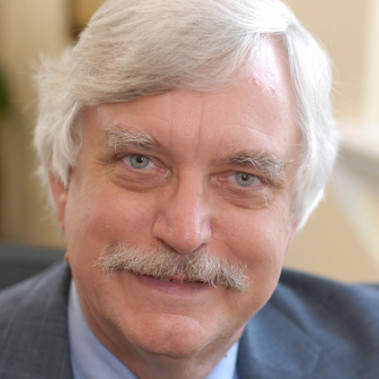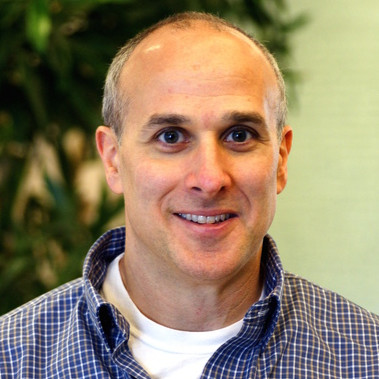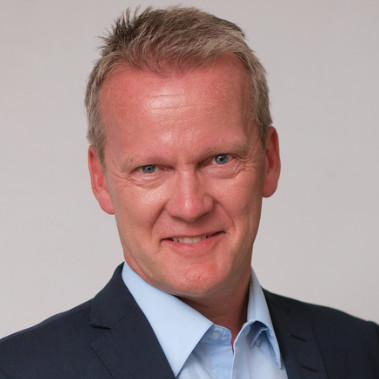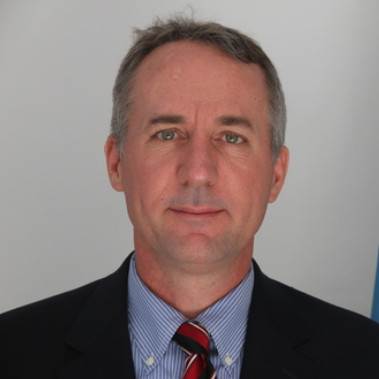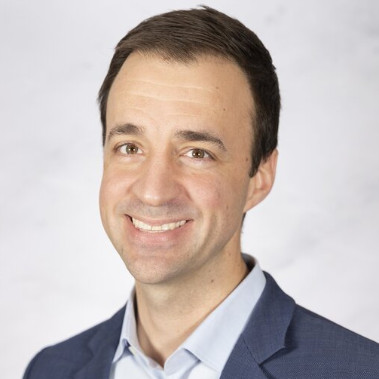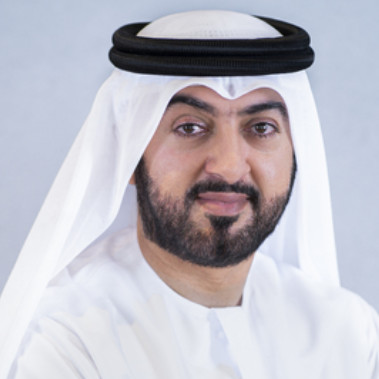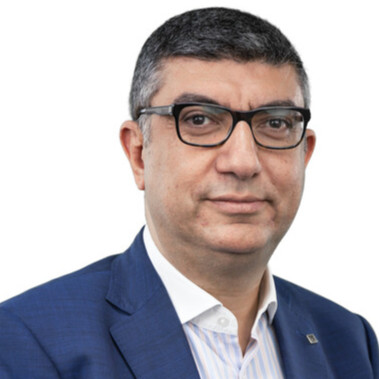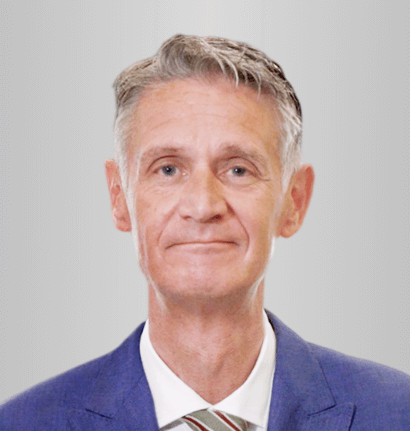Media Centre Media Centre
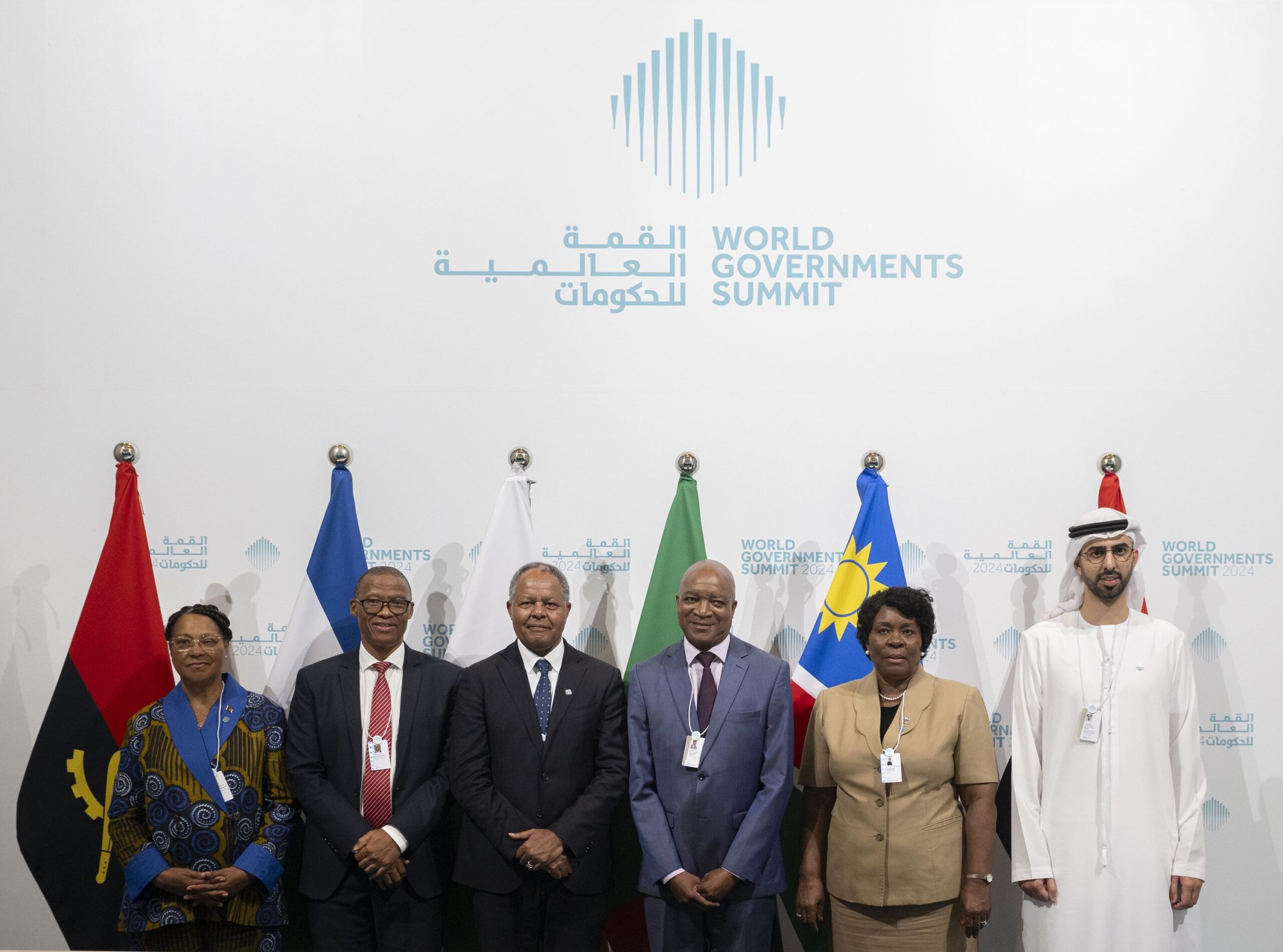
The Digital School launches new partnerships with Namibia, Angola, Lesotho, Zambia, and Madagascar
"المدرسة الرقمية" تطلق شراكات جديدة مع ناميبيا وأنغولا وليسوتو وزامبيا ومدغشقر
The ‘Digital School’ has announced the launch of a series of partnerships with five countries in Africa, including Namibia, Lesotho, Madagascar, Zambia, and Angola. These partnerships are part of efforts to expand the global initiatives of the Digital School to provide educational opportunities for children in rural communities and disadvantaged areas by employing the latest technologies and digital applications to offer an innovative and future-oriented learning experience.
The new partnership agreements were signed during the activities of the ‘World Government Summit 2024’ by His Excellency Omar Sultan Al Olama, Minister of State for Artificial Intelligence, Digital Economy, and Remote Work Applications, and Chairman of the Digital School Board of Directors; Her Excellency Ester Anna Nghipondoka, Minister of Education, Arts, and Culture in Namibia; Her Excellency Luísa Maria Grilo, Minister of Education in Angola; His Excellency Douglas Syakalima, Minister of Education in Zambia; Her Excellency Dr. Marie Michelle Sahondrarimalala, Minister of National Education in Madagascar; and His Excellency Dr. Ntoi Rapapa, Minister of Education and Training in Lesotho.
His Excellency Omar Sultan Al Olama emphasized that the Digital School has established an inspiring global experience originating from the UAE, based on a noble humanitarian vision. This vision focuses on building partnerships with various countries across all continents to support global development, enhance cultural communication, and exchange knowledge through the use of future technology and digital innovation to build a brighter future for coming generations, ensuring prosperity and progress for their communities.
Omar Sultan Al Olama stated that the launch of these new partnerships through the ‘World Government Summit’ reflects the summit’s leadership and its role as a platform for positive and effective international cooperation. It provides a space for sharing successful pioneering experiences between the UAE and other governments worldwide, contributing to improving the quality of life for communities.
- Utilizing UAE’s Experience to Achieve Namibia’s Goals
Her Excellency Ester Anna Nghipondoka, Minister of Education, Arts, and Culture in Namibia, mentioned that the partnership is an important additional step in collaborative efforts with the Digital School to digitally transform their educational system and make it technologically resilient. She noted that the partnership would allow Namibia to benefit from the UAE’s experience in supporting the country’s goals of technological expansion in schools nationwide and developing an inclusive educational model that emphasizes high-level thinking skills, innovation, and creativity to advance their national development agenda.
She added that Namibia has achieved significant milestones in efforts to transform their educational system into a digital and innovative one to keep pace with global technological developments, underscoring the importance of developing innovative and flexible educational systems that equip new generations with the necessary skills to actively contribute to the future.
- Cooperation is Key to the Success of Digital Education in Angola
Her Excellency Luísa Maria Grilo, Minister of Education in Angola, stated that cooperation is crucial for the success of digital education. Our continuous collaboration and support for each other’s goals in the region are extremely important, as it is the way forward for a brighter future in Southern African countries.
She added that digital education presents both significant challenges and opportunities that can be built upon and leveraged to establish a more interactive future digital educational system, enabling students and new generations to acquire the essential skills needed to meet future challenges.
- Supporting Lesotho’s Goals to Access the Digital World
In the same context, His Excellency Dr. Ntoi Rapapa, Minister of Education and Training in Lesotho, emphasized that the partnership with the Digital School would support Lesotho’s goals in enabling various segments of society to access the digital world and benefit from its capabilities, enhancing the quality of life.
He said that digital solutions are a fundamental factor in building governments and shaping future societies, which necessitates empowering and preparing communities to handle digital transformations and preparing generations ready to leverage digital transformation to advance various sectors, develop solutions to challenges, and support future-building efforts.
The ‘Digital School,’ one of the Mohammed bin Rashid Al Maktoum Global Initiatives, aims through these partnerships to provide learning opportunities for students anywhere in the world, offering a comprehensive, flexible, and accredited digital educational curriculum for various educational stages that caters to students’ personal needs. It utilizes the best educational practices enhanced by advanced digital technologies. The number of beneficiaries of the Digital School has exceeded 100,000 students in eight countries worldwide, with more than 1,500 digital teachers trained and qualified.
أعلنت “المدرسة الرقمية” إطلاق سلسلة من الشراكات مع 5 دول في القارة الأفريقية، تشمل ناميبيا، وليسوتو، ومدغشقر، وزامبيا، وأنغولا، ضمن جهود توسيع نطاق المبادرات العالمية للمدرسة الرقمية لتوفير فرص التعليم للأطفال في المجتمعات الريفية والمناطق الأقل حظا عبر توظيف أحدث التقنيات والتطبيقات الرقمية سعيا لتوفير تجربة تعليم مستقبلي ومبتكر.
وقع اتفاقيات الشراكات الجديدة خلال أعمال “القمة العالمية للحكومات 2024″، معالي عمر سلطان العلماء وزير دولة للذكاء الاصطناعي والاقتصاد الرقمي وتطبيقات العمل عن بعد، رئيس مجلس إدارة المدرسة الرقمية، ومعالي إستر آنا نغيبوندوكا وزيرة التعليم والفنون والثقافة في ناميبيا، ومعالي لويزا ماريا جريلو وزيرة التعليم في أنغولا، ومعالي دوجلاس سياكاليما وزير التعليم في زامبيا، ومعالي الدكتورة ماري ميشيل ساهوندراريمالالا وزيرة التربية الوطنية في مدغشقر، ومعالي الدكتور نتوي رابابا وزير التربية والتعليم في ليسوتو.
وأكد معالي عمر سلطان العلماء أن المدرسة الرقمية رسخت تجربة عالمية ملهمة انطلقت من دولة الإمارات، ضمن رؤية إنسانية سامية ترتكز على بناء الشراكات مع مختلف الدول في جميع القارات لدعم مسيرة التنمية العالمية وتعزيز التواصل الحضاري والتبادل المعرفي من خلال توظيف التكنولوجيا المستقبلية والابتكار الرقمي لبناء مستقبل الأجيال القادمة ما يحقق لمجتمعاتها الازدهار والتقدم.
وقال عمر سلطان العلماء إن إطلاق الشراكات الجديدة من خلال “القمة العالمية للحكومات” يجسد ريادة القمة ودورها منصة للتعاون الدولي الإيجابي والفاعل، ومساحة لمشاركة التجارب الريادية الناجحة بين دولة الإمارات وحكومات العالم بما يسهم تحسين جودة حياة المجتمعات.
– الاستفادة من تجربة الإمارات لتحقيق أهداف ناميبيا.
من جهتها، قالت معالي إستر آنا نغيبوندوكا وزيرة التعليم والفنون والثقافة في ناميبيا، إن الشراكة تمثل خطوة إضافية مهمة في الجهود التعاونية مع المدرسة الرقمية لتحويل نظامنا التعليمي رقميًا وجعله مرنًا من الناحية التكنولوجية، مشيرة إلى أن الشراكة ستتيح المجال للاستفادة من تجربة دولة الإمارات في دعم تحقيق أهداف ناميبيا المتمثلة في التوسع التكنولوجي في المدارس في جميع أنحاء الدولة، وتطوير نموذج التعليم الشامل الذي يقوم على مهارات التفكير عالية المستوى، من أجل الابتكار والإبداع، لدفع أجندة التنمية الوطنية لدينا.
وأضافت أن ناميبيا حققت إنجازات مهمة في جهود تحويل النظام التعليمي إلى تعليم رقمي ومبتكر لمواكبة التطورات التكنولوجية التي يشهدها العالم، مؤكدة أهمية تطوير نظم تعليمية مبتكرة ومرنة تزود الأجيال الجديدة بالمهارات اللازمة ليساهموا بشكل فاعل في مسيرة المستقبل.
– التعاون هو مفتاح نجاح التعليم الرقمي في أنغولا
وقالت معالي لويزا ماريا جريلو وزيرة التعليم في أنغولا إن التعاون هو مفتاح نجاح التعليم الرقمي، وتعاوننا ودعمنا المستمر لأهداف بعضنا البعض في المنطقة أمر مهم للغاية، وهو السبيل لتحقيق التقدم إلى الأمام من أجل مستقبل أكثر إشراقا في دول منطقة الجنوب الأفريقي.
وأضافت أن التعليم الرقمي يحمل تحديات وفرصاً كبرى، يمكن البناء عليها والاستفادة منها، في التأسيس لمنظومة تعليمية رقمية مستقبلية أكثر تفاعلية تمكن الطلاب والأجيال الجديدة من المهارات الضرورية لمواكبة تحديات المستقبل.
– دعم توجهات ليسوتو في الوصول إلى العالم الرقمي
في السياق ذاته، أكد معالي الدكتور نتوي رابابا وزير التربية والتعليم في ليسوتو أن الشراكة مع المدرسة الرقمية ستسهم في دعم توجهات ليسوتو في تمكين مختلف فئات المجتمع من الوصول إلى العالم الرقمي والاستفادة من إمكاناته بما يعزز جودة الحياة.
وقال إن الحلول الرقمية تمثل عاملاً أساسياً في بناء الحكومات وتشكيل مجتمعات المستقبل، ما يتطلب تمكين وتأهيل المجتمعات للتعامل مع التحولات الرقمية، وإعداد أجيال جاهزة لتوظيف التحول الرقمي في الارتقاء بمختلف القطاعات، والاستفادة منه في تطوير الحلول للتحديات ودعم جهود صناعة المستقبل.
وتهدف “المدرسة الرقمية” إحدى مبادرات محمد بن راشد آل مكتوم العالمية، من خلال هذه الشراكات إلى توفير فرص التعلم للطلاب في أي مكان حول العالم، وتقديم منهج تعليمي رقمي متكامل ومرن ومعتمد لمختلف المراحل الدراسية يراعي الاحتياجات الشخصية للطلاب، بالاستفادة من أفضل الممارسات التعليمية معززة بالتقنيات الرقمية المتقدمة، حيث وصل عدد المستفيدين من المدرسة الرقمية أكثر من 100 ألف طالب في 8 دول حول العالم، وتم تدريب وتأهيل أكثر من 1500 معلم رقمي.



